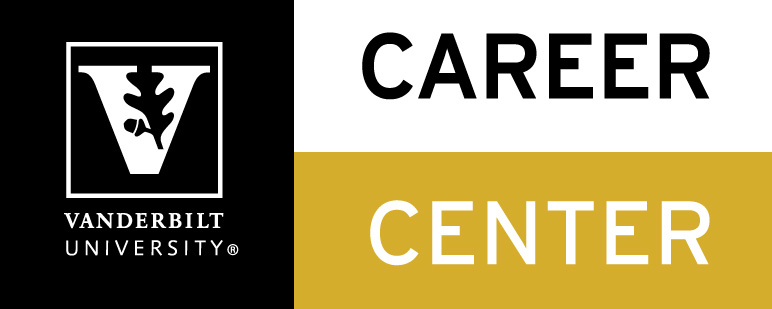
Below are some frequently asked questions by FGLI students when it comes to professional development. These answers were provided by the Vanderbilt Career Center.
My biggest worry is not knowing what I'm going to be. I'm undecided and I feel like I'm in a hole just looking up wondering if I'm ever going to get out. I don't know what I want to be. I have no idea what classes or what I should be doing. Where do I start? How can you help?
I need a job (not a work study) while on campus. How can I get one that is flexible enough for my schedule?
Why should I actually go to the career center? What can they offer if I just walk in? How can it benefit me to meet with my career coach? Won’t they just tell me what I already know?
Who are allies at the career center? I would like to speak with someone that has my specific identity.
- Alex Rizzutto (alex.rizzutto@vanderbilt.edu)
- Danielle Bolling (danielle.c.bolling@vanderbilt.edu)
- Paresh Patel (paresh.patel@vanderbilt.edu)
Additionally, Cathy Weisbrodt works most closely with the K.C. Potter Center for LGBTQI Life on campus (cathy.weisbrodt@vanderbilt.edu)
And we also have a committee focused on supporting international students that includes:
- Allison Otto (allison.k.otto@vanderbilt.edu)
- Paresh Patel (paresh.patel@vanderbilt.edu)
- Paul Flournoy (paul.h.flournoy@vanderbilt.edu)
My parents’ expectations are very high and differ greatly from what I want to do. How do I manage my ideas about careers and theirs? I always felt that after graduating college, all of life's choices would be easier and doors would magically open for me, that the struggle would be over. It's been three years since I graduated, and I still feel like I haven't caught up. I'm disappointed by my salary and job prospects as a college grad. I know my expectations might have been too high. My question is, will this unsettled feeling ever go away? Will I ever feel like I'm on the same playing field as my peers? What am I expected to be doing every year, specifically, to succeed by graduation? For example, you are expected to spend your summers and/or breaks doing something productive or connected to your career. Or, you’re supposed to update your resume every year.
The multiple questions above are all conversations to be had in a coaching appointment. Rather than answering in generalities, we encourage you to meet with a coach who can review the specifics of your situation so that you can receive service that is pertinent to your needs. In regard to question#6, in the meantime, students can share this page with parents that shares some thoughts on how involved parents should be in their child’s career decision process: https://www.vanderbilt.edu/career/information-for/family/
How do you compete with kids whose parents help them with writing essays, and whose parents' friends are lined up to provide summer jobs and after-graduation first jobs? Where can I find opportunities like this without access to a personal network? How can the career center help me earn or locate a position?
The HOD salary range, for example, is quite large. Is this because students leave with the degree and gain high salaries, or is it more likely that students who have connections and networks in consulting organizations are likely to join a major like HOD?
This is less because of the major itself and more because of the industry that students in this major typically gravitate toward, i.e. consulting. Range of salary differs from industry to industry, and while you can use an HOD major to get into industries outside of consulting, many tend to go with consulting which has higher salaries than most.
In your experience, what are some key pieces of information that first-generation students are missing, or learn later?
- It will be a lot easier to take the step to your dream job if it is a short step from your junior year summer internship where you worked in the same industry as your dream job.
- It will be a lot easier to take the step to that junior year summer internship working in your desired industry if you are able to get some type of summer internship your sophomore year that has some experience relevant to your desired industry.
- It will be a lot easier to take the step to that sophomore year summer internship if you are able to find some method of being productive in your freshman year summer, whether this is expanding your network through an informational interview circuit or volunteering with an organization relevant to your interests.
- It will be a lot easier to identify the best way to be productive in your freshman year summer if you visit the Career Center and map out a plan!
- It will be a lot easier to take the step to that sophomore year summer internship if you are able to find some method of being productive in your freshman year summer, whether this is expanding your network through an informational interview circuit or volunteering with an organization relevant to your interests.
- It will be a lot easier to take the step to that junior year summer internship working in your desired industry if you are able to get some type of summer internship your sophomore year that has some experience relevant to your desired industry.
